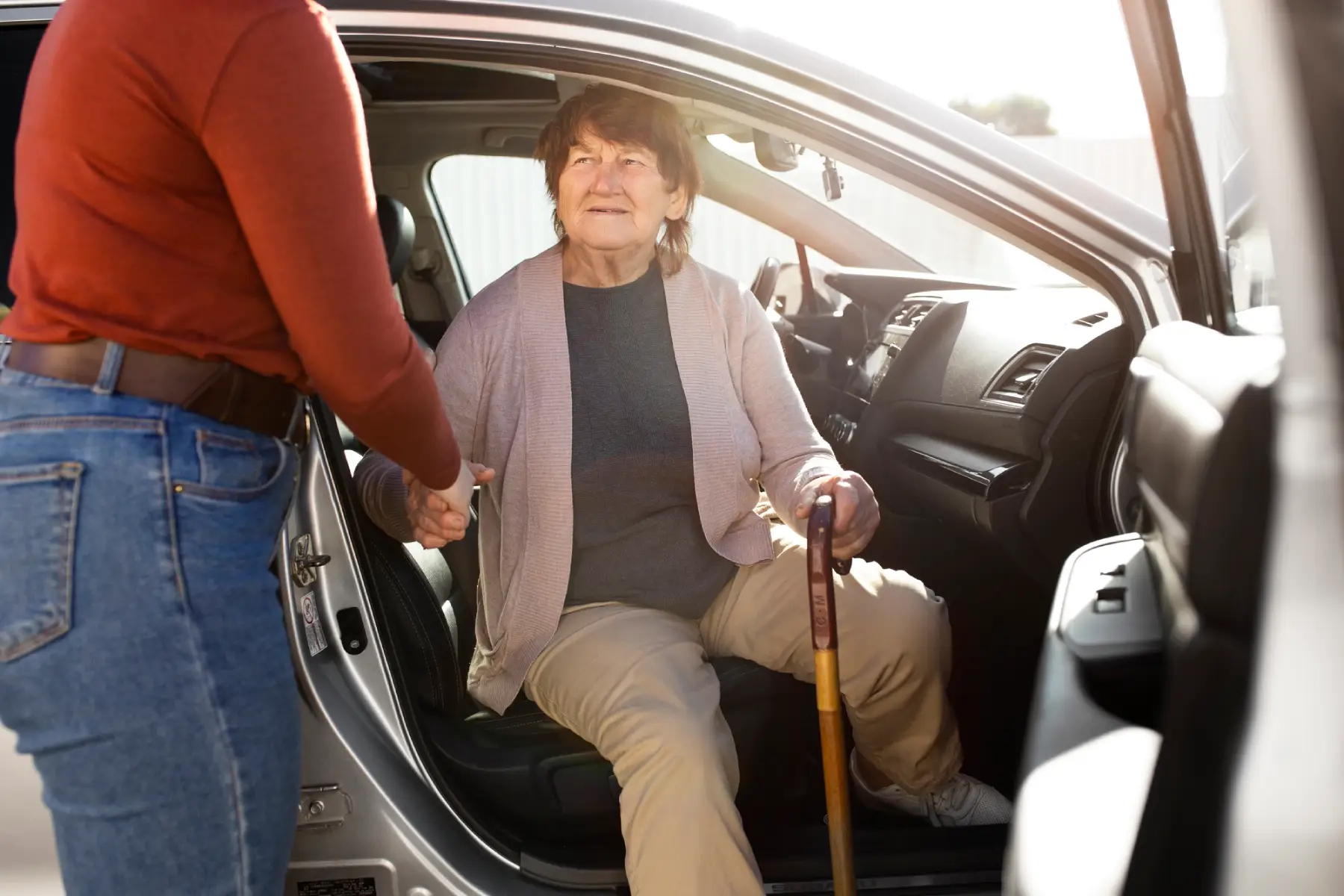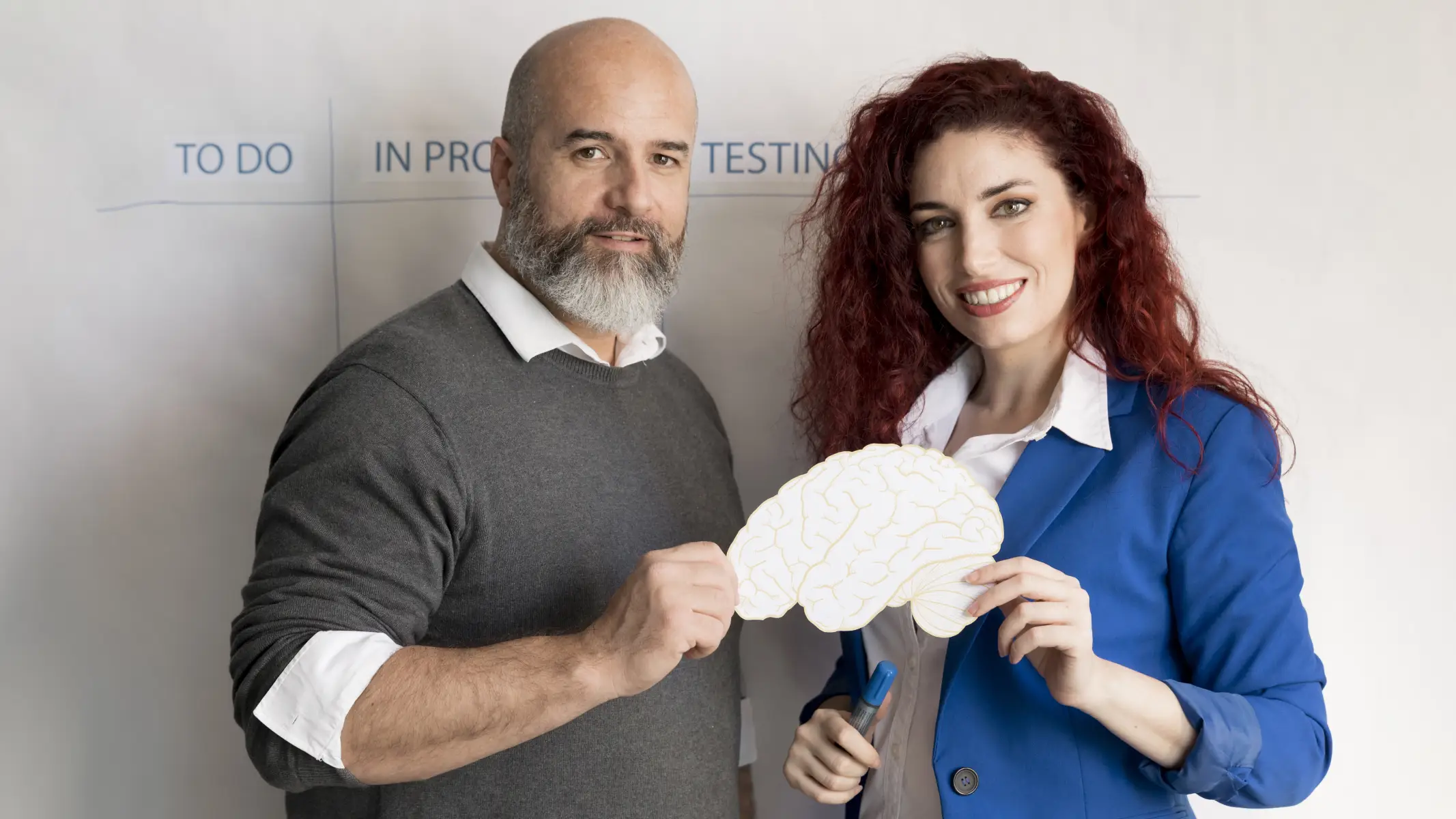Road traffic accidents can have devastating consequences for those involved, causing not only physical injuries but also significant psychological trauma. Many survivors face challenges such as anxiety, depression, Post-Traumatic Stress Disorder (PTSD), and ongoing emotional distress following the accident. These psychological impacts can be even more debilitating than physical injuries, affecting an individual’s ability to work, interact socially, or even drive again.
When pursuing legal claims for road traffic accidents, recognising the mental health impact is vital. Effective therapy for road accident claims and undergoing legal psychological assessments can significantly support accident survivors in their recovery journey and strengthen their case. This article details how psychological rehabilitation can help road traffic accident survivors prepare for legal claims and regain their independence while building stronger cases for compensation.
The Psychological Impact of Road Traffic Accidents
While physical injuries are easily visible and measurable, the psychological effects of a road traffic accident often go unaddressed. Survivors frequently face a range of mental health challenges that can persist long after their physical injuries have healed.
Common Psychological Effects of Road Traffic Accidents
- Post-Traumatic Stress Disorder (PTSD): PTSD is one of the most common mental health conditions arising from road traffic accidents. Symptoms include flashbacks, intrusive memories, nightmares, and severe emotional distress when reminded of the incident. Survivors with PTSD often experience avoidance behaviours, refusing to drive or avoiding places where the accident occurred.
- Anxiety and Panic Disorders: Many survivors develop anxiety about being in vehicles or driving again. Panic attacks may occur when faced with situations that feel even remotely similar to the accident.
- Depression: Loss of mobility, financial stress, and reduced independence after a road accident often lead to feelings of isolation and sadness, leaving survivors at risk of depression.
- Guilt and Self-Blame: Survivors may experience survivor’s guilt, particularly if others were seriously injured or killed in the accident. They might also replay the accident in their minds, blaming themselves for what happened.
- Impact on Relationships: Many survivors find that the psychological trauma of the accident strains their personal relationships, leading to feelings of isolation, frustration, or withdrawal from loved ones.
The emotional and mental health toll of road traffic accidents is far-reaching, and it is essential that these issues are addressed during rehabilitation and considered when making legal claims.
Importance of Therapy in Preparing for Road Accident Claims
Therapy is a critical component of psychological rehabilitation for road traffic accident survivors. Not only does it help individuals recover emotionally, but it also plays a central role in the legal claim process. Providing survivors with the psychological tools to face the challenges brought on by their accident can improve their quality of life while strengthening their legal standings.
Here are the key reasons why therapy for road accident claims is indispensable:
- Supports Emotional Recovery: Therapy provides a safe, supportive environment where survivors can process the trauma of the accident. Therapists help clients work through challenging emotions such as anxiety, fear, and anger, allowing them to take steps toward healing both mentally and emotionally.
- Strengthens Legal Claims: Therapy and psychological assessments provide documentation of the mental health consequences from the accident, offering key evidence for claims. For example:
- Causation: Therapy records can help demonstrate that the road traffic accident caused specific psychological impacts such as PTSD or anxiety.
- Severity: Treatment notes detail how significant and ongoing the mental health challenges are, which helps calculate compensation.
- Prognosis: Therapists can provide opinions on the long-term effects of the accident on the claimant’s mental well-being.
- Provides a Foundation for Medico-Legal Reports: Medico-legal reports prepared by psychologists or psychiatrists are common in personal injury cases. Therapy sessions allow mental health professionals to assess and document the impact of the accident for legal purposes. These reports play a vital role in securing adequate compensation for psychological harm alongside physical injury claims.
- Prepares Survivors Emotionally for Court or Negotiations: Facing insurance companies, lawyers, and sometimes even attending court hearings can be emotionally draining. Therapy enhances survivors’ resilience, helping them remain grounded and focused throughout the legal process.
- Promotes Long-Term Mental Health: Legal claims often focus on immediate injuries, but long-term psychological issues can persist long after the case is closed. Therapy reduces the risk of survivors facing unaddressed mental health conditions that could affect their well-being for years to come.
Types of Therapy for Road Accident Survivors
Several therapeutic approaches are effective in treating the psychological injuries resulting from road traffic accidents. Legal teams and medical professionals often work together to ensure survivors receive the support that is best suited for their needs.
- Cognitive Behavioural Therapy (CBT): CBT is one of the most widely used therapies for trauma and stress. It helps survivors identify and challenge negative thought patterns related to the accident, reducing symptoms of PTSD and anxiety. For example, CBT might address the thought, “I am not safe in cars anymore,” and replace it with more constructive thinking.
- Eye Movement Desensitisation and Reprocessing (EMDR): EMDR is a highly effective trauma-focused therapy. It involves guided eye movements while processing distressing images and memories of the accident. This method helps reduce the intensity of traumatic memories and is particularly helpful for survivors experiencing severe PTSD.
- Trauma-Focused Counselling: For some survivors, talking about the traumatic event with an experienced professional works best. Trauma-focused counselling allows survivors to process the event, express their emotions, and develop strategies for moving forward.
- Group Therapy or Peer Support Groups: Group therapy brings together individuals who have experienced similar trauma, offering a sense of connection and shared experience. Sharing stories and listening to others can help survivors feel less isolated and facilitate emotional recovery.
- Mindfulness and Relaxation Techniques: Mindfulness practices, such as meditation or breathing exercises, help survivors develop emotional balance and reduce anxiety. These techniques are often incorporated into therapy programs for accident survivors.
Legal Psychological Assessments: Strengthening Compensation Claims
In road traffic accident claims, legal psychological assessments are crucial for accurately valuing the damages owed to survivors. These assessments focus on documenting the nature and severity of the psychological injuries sustained in the accident, providing an expert opinion that is admissible in court or negotiations.
What Is Included in a Legal Psychological Assessment?
- Diagnosis of Psychological Injury: A qualified psychologist or therapist evaluates and diagnoses the psychological condition(s) resulting from the accident, such as PTSD, depression, or anxiety.
- Causation Evidence: The assessment establishes a clear link between the mental health issues experienced and the road traffic accident. This is important in proving that the psychological injuries were directly caused by the incident.
- Impact on Quality of Life: Legal psychological assessments detail how the mental health condition has affected the survivor’s daily life, relationships, work abilities, and overall well-being.
- Prognosis and Rehabilitation Needs: Finally, the assessment identifies whether the psychological injury is likely to persist in the long term and outlines the need for ongoing therapy, which can then be incorporated into the compensation claim.
Challenges in Accessing Psychological Rehabilitation and Their Solutions
- Lack of Awareness: Many survivors focus on physical injuries and neglect the emotional impact of their accident.
Solution: Legal professionals should educate clients about the importance of psychological support as part of their rehabilitation. - Access to Therapy Services: NHS waiting times for therapy can be extensive, delaying mental health recovery.
Solution: Survivors can seek private therapy, which can be included in compensation claims. Legal teams should ensure therapy costs are accounted for when negotiating settlements. - Stigma Around Mental Health: Some clients may feel reluctant to seek mental health support due to stigma or concerns about judgment.
Solution: Solicitors and therapists should normalise therapy as an essential step in recovery, framing it as a way to build resilience and healing.
The Role of Legal Professionals in Supporting Psychological Rehabilitation
Solicitors have a significant role in ensuring that survivors not only receive justice but also the care necessary to recover fully from their experience. Here’s how legal professionals can support their clients:
- Highlight the Psychological Aspect: Include mental health as a key focus in personal injury claims, ensuring that psychological trauma is not overlooked.
- Recommend Professional Assessments: Direct clients to experienced psychologists for thorough legal psychological assessments.
- Incorporate Therapy Costs Into Claims: Calculate and include therapy expenses in the final compensation figure.
Conclusion
For survivors of road traffic accidents, the psychological impact can often be as debilitating as physical injuries, if not more so. Accessing therapy for road accident claims is essential for emotional recovery and provides pivotal evidence for securing fair compensation. With the help of support systems like legal psychological assessments, survivors can confidently face both their mental health challenges and the legal process, emerging stronger on the other side.
By working together, therapists, legal professionals, and medical experts can empower road traffic accident survivors to reclaim their lives while ensuring they receive justice for the emotional and physical harm they have endured.










